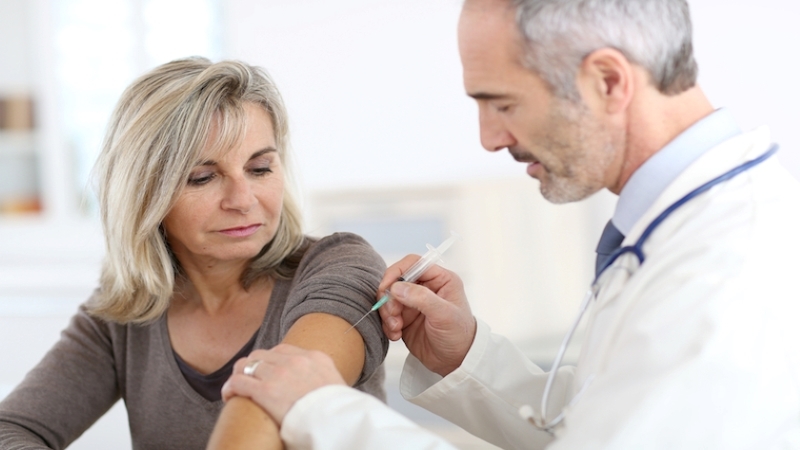If all goes as planned, American adults can expect to receive the COVID-19 vaccine by the spring of 2021. | Shutterstock
If all goes as planned, American adults can expect to receive the COVID-19 vaccine by the spring of 2021. | Shutterstock
The COVID-19 vaccine development has been unprecedented in its speed and breadth of scientific response worldwide.
Operation Warp Speed, the initiative that created the two leading vaccines, condensed several years' worth of knowledge and research into less than 12 months. However, this does not affect the quality or efficacy of the vaccines, according to Bridge Michigan.
Luckily, scientists already had a framework established for these vaccines, based on information already known from existing coronaviruses. Past work on the SARS and MERS viruses provided early insight into how to address this novel strain of the coronavirus.
In addition, the widespread and devastating effect of COVID-19 led to a widespread response, providing incredible amounts of funding and manpower to find a solution as quickly -- and effectively -- as possible.
The two leading vaccines, produced by pharmaceutical companies Pfizer and Moderna, both produced efficacy rates above 90 percent, which are promising margins. Provided that both vaccines are approved by the U.S. Food and Drug Administration (FDA), wider distribution of COVID-19 vaccines could be made available later in the winter or early spring, according to Bridge Michigan.
The first recipients of the vaccines will likely be health care and frontline workers, followed by at-risk and vulnerable populations, such as elderly residents of long-term care facilities. It should be noted that it is unlikely that the vaccine will be made available for children anytime soon; this is because children were not included in the studies. Because of this, it remains unknown if they will have different reactions to the vaccines than adults.
With this first generation of vaccines, the side effects reported have been similar to what was expected, most commonly body aches and fever. However, as the vaccines continue to be studied and developed, improved vaccines may be created down the line.
Both the Moderna and Pfizer vaccines require two-dose treatments, which should be given about one month apart from one another. Both are required to ensure effectiveness against COVID-19 and provide protection for the patient, reports Bridge Michigan.

 Alerts Sign-up
Alerts Sign-up